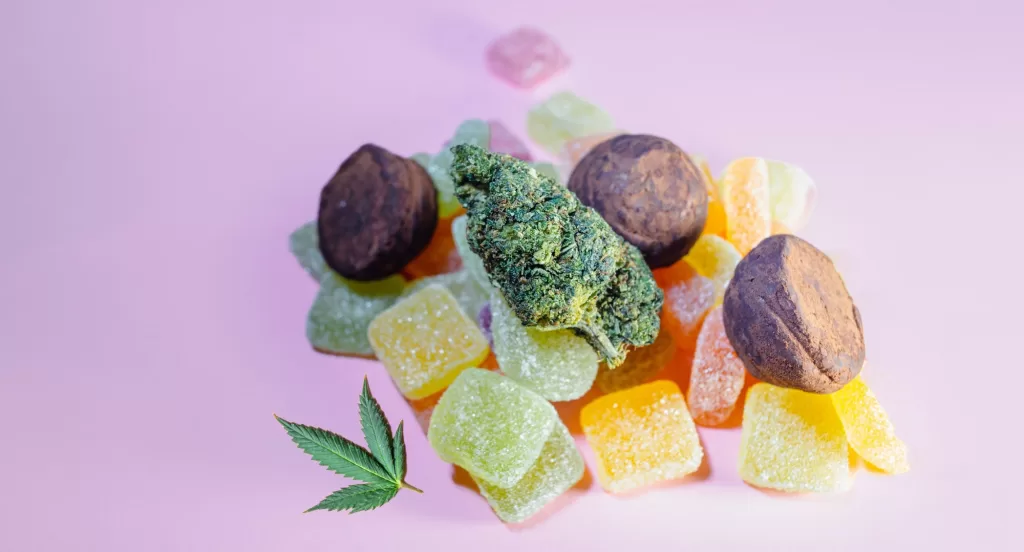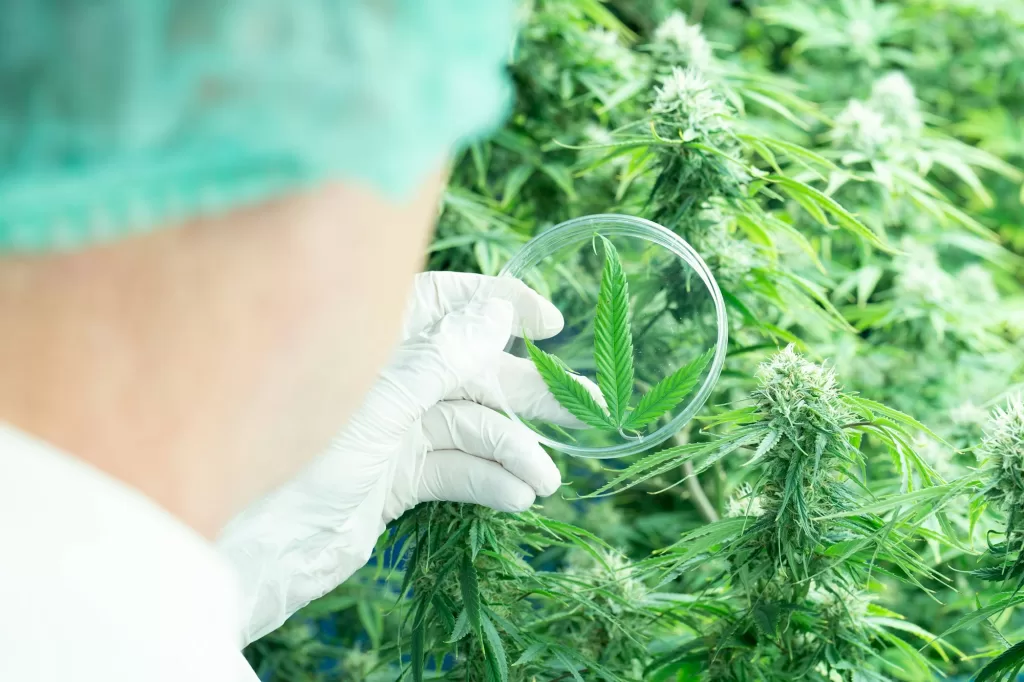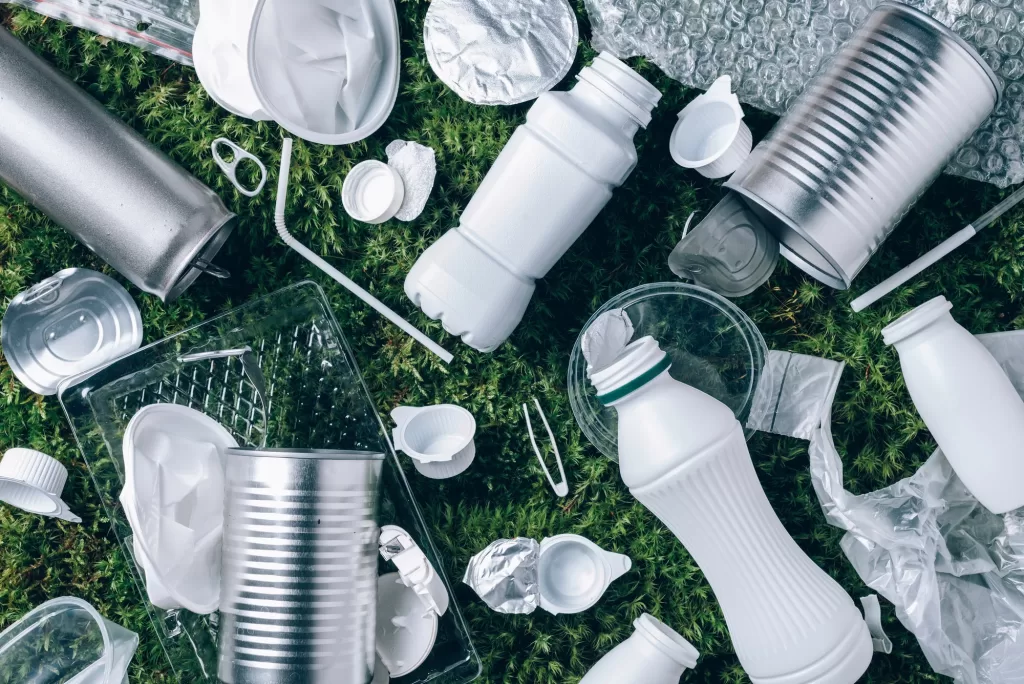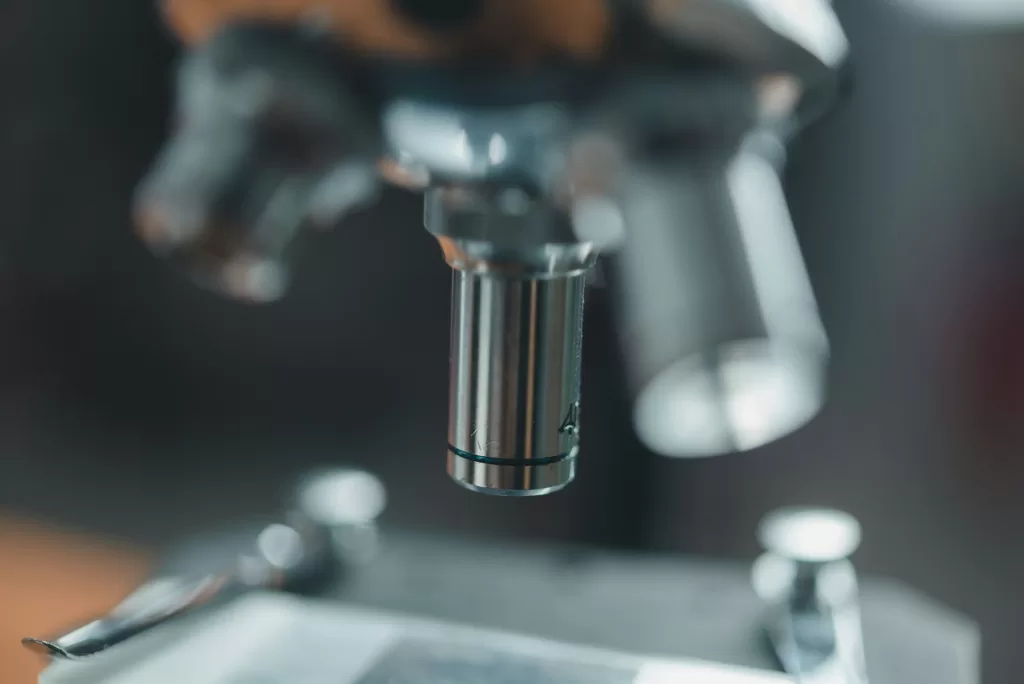Estimated reading time: 7 minutes
Introduction
The cannabis industry, especially the edibles market, has seen a remarkable surge in popularity. This growth brings a critical responsibility to ensure these products are safe, reliable, and of the highest quality. This blog post aims to shed light on the vital role of rigorous testing in the cannabis edibles market, crucial for both recreational and medical users. We’ll explore the types of testing, the regulatory landscape, the history of cannabis edibles, and how AccuScienceLabs.com is pivotal in upholding industry standards.
Edibles Rich History
Cannabis edibles have a long and rich history, dating back thousands of years. Ancient civilizations, such as India, have been known to use cannabis in food and drink preparations for both medicinal and spiritual purposes. In the modern era, the introduction of cannabis edibles in Western culture is often credited to the publication of “The Alice B. Toklas Cook Book” in 1954, which famously included a recipe for “hashish fudge.” This marked the beginning of the modern cannabis edible movement, leading to the diverse and sophisticated market we see today.
Consumer Protection: The Vital Role of Testing
Consumer safety in the cannabis industry is paramount. Ensuring that consumers have access to safe, high-quality products is a key responsibility of producers and distributors. This responsibility is primarily upheld through two main types of testing: Potency Testing and Contaminant Testing.
- Potency Testing: The importance of potency testing lies in its role in informing consumers about the strength of the cannabis product they are using. THC (Tetrahydrocannabinol) and CBD (Cannabidiol) are the most well-known cannabinoids in cannabis, each with different effects. THC is primarily responsible for the psychoactive effects of cannabis, while CBD is known for its non-psychoactive effects, often used for medicinal purposes. Accurate labeling of THC and CBD levels is crucial because it allows consumers to dose their intake according to their tolerance and medical needs. This is particularly important for new users and those using cannabis for therapeutic purposes, as it helps prevent adverse effects like anxiety, paranoia, or physical discomfort that can occur with overconsumption. Moreover, for medical users, accurate dosing can mean the difference between effective relief from symptoms and potential side effects.
- Contaminant Testing: Cannabis plants, like any agricultural product, can be exposed to various contaminants from the environment, cultivation practices, and handling processes. These contaminants can include pesticides, used in cultivation to protect plants from pests and diseases, and heavy metals, which can be absorbed from the soil. Additionally, the process of creating cannabis extracts and concentrates for edibles can sometimes introduce residual solvents. Contaminant testing is critical for identifying and quantifying these substances to ensure they are within safe limits. Consuming cannabis products contaminated with these substances can lead to serious health risks, including acute poisoning and long-term effects like cancer. This is why rigorous testing for these substances is vital for consumer health. In regions like California, the cannabis industry is subject to stringent regulations that set high standards for purity and safety. These regulations help ensure that products reaching the consumer are free from harmful levels of contaminants, thereby protecting public health and maintaining consumer trust in cannabis products.
In summary, potency and contaminant testing are critical components of consumer protection in the cannabis industry. They not only ensure that consumers are informed about what they are consuming but also safeguard against potential health risks associated with contaminated or mislabeled products. By upholding these standards, the industry can continue to grow responsibly, ensuring the well-being of its consumers.
Impact on Medical Users
For individuals relying on medical cannabis, the accuracy of testing is not just a quality control measure; it’s a crucial aspect of their healthcare. The stakes of accurate testing for this group are significantly higher due to the direct impact on their treatment and overall well-being.
- Dosing Accuracy for Effective Treatment: The precision of dosage in medical cannabis is paramount. For many medical conditions, the therapeutic window – the dosage range in which the drug is effective without causing unacceptable side effects – can be narrow. Accurate dosing is vital for conditions like chronic pain, epilepsy, and multiple sclerosis, where the balance of efficacy and safety is delicate. For example, studies published in the Journal of Pain have shown that precise levels of THC and CBD are crucial in pain management. Too little may be ineffective, while too much can exacerbate symptoms or cause significant discomfort. This precision becomes even more critical for edibles, where the effects take longer to manifest and last longer than inhaled forms. The consistency of dosage in each edible ensures that patients can rely on their medication to deliver steady, predictable relief.
- Necessity of Contaminant-Free Medicine: For medical cannabis users, especially those with compromised immune systems or chronic health conditions, the purity of their medication is as important as its efficacy. Exposure to contaminants like pesticides, heavy metals, or microbial pathogens can have severe health implications. For patients undergoing chemotherapy or those with HIV/AIDS, even minor contaminants in cannabis products can pose significant health risks. Rigorous contaminant testing is thus not just a regulatory requirement but a critical safety measure. It ensures that patients receive clean, safe medication, free from any substances that could compromise their health or the effectiveness of their treatment.
In essence, for medical cannabis users, accurate testing goes beyond ensuring product quality – it’s a fundamental aspect of ensuring their medication is safe, effective, and reliable. This underscores the importance of stringent testing protocols in the production of cannabis edibles, ensuring they meet the highest standards for medical use.
Regulatory Landscape: A Dynamic and Crucial Aspect – Focus on Florida
The regulatory frameworks for cannabis edibles are complex and vary significantly across regions. In Florida, these regulations are particularly rigorous, emphasizing consumer safety and product consistency. Let’s explore the key aspects of Florida’s regulations for cannabis edibles:
- Medical Marijuana Program and Regulation Oversight: In Florida, the use of medical marijuana, including edibles, is regulated by the Office of Medical Marijuana Use (OMMU), part of the Florida Department of Health. To legally use medical marijuana, residents must have active medical marijuana cards, and over 750,000 Floridians currently possess these cards. The OMMU is responsible for implementing the Department of Health’s rules for medical marijuana and establishing the application process for Medical Marijuana Treatment Center (MMTC) licenses.
- Product Variety and Dispensary Operations: Florida dispensaries sell a variety of marijuana products, including whole flowers, capsules, tinctures, oils, vape cartridges, and topical products. Many dispensaries also offer their custom line of products, and some specialize in specific products. This diverse range showcases the range of options available to medical marijuana users in the state.
- Specific Regulations for Edibles (2020 Update): The Florida Department of Health published specific regulations for edible cannabis products on August 20, 2020. These rules include restrictions on the color, shape, and appearance of edibles to minimize their appeal to children. For example, edibles must not be brightly colored or resemble any publicly recognizable candy brand. Additionally, the types of edibles permitted include baked goods, chocolates, gelatins, lozenges, and drink powders. Importantly, edibles must be free from contaminants, and potency testing is required to ensure that individual servings do not exceed 10mg of THC, with multi-serving edibles capped at 200mg of THC in total.
- Testing Requirements and Procedures: Certified Marijuana Testing Laboratories in Florida are mandated to test all cannabis edible products for THC and CBD concentration, as well as the presence of contaminants unfit for human consumption. Advanced analytical chemical processes, including high-pressure liquid chromatography (HPLC) and gas chromatography, are used for this purpose. The testing ensures that the medically significant cannabinoids are evenly distributed throughout the product, a process known as homogeneity testing. This rigorous approach to testing is essential for building consumer trust and loyalty, especially among patients who require precise dosages for their medical conditions.
- Production and Sale Guidelines: Only licensed MMTCs are permitted to produce edibles, and this must be done at a department-approved, GMP-certified processing facility. Edibles must adhere to strict guidelines regarding THC potency, design, color, and ingredient use. For instance, edibles cannot contain any additives that would increase potency or toxicity, nor can they include psychoactive substances like nicotine, alcohol, or caffeine. The variety of edibles encompasses lozenges, gummies, baked goods, chocolates, and drink powders. There are also specific rules for the packaging and storage of these products, ensuring they are shelf-stable and have clear expiration dates.
Start Testing Now
AccuScience Labs offers a wide range of testing services, from potency to contaminant analysis. Our user-friendly website provides a seamless process for selecting and understanding these tests, ensuring your products are compliant and safe for consumption.
As the cannabis edibles market continues to evolve, the role of rigorous testing in ensuring safety and quality cannot be overstated. AccuScience Labs is dedicated to providing top-tier testing services, upholding consumer safety, and maintaining industry integrity. Visit AccuScienceLabs.com to explore our comprehensive testing solutions, and join us in promoting a safe and reliable cannabis experience for all users.






